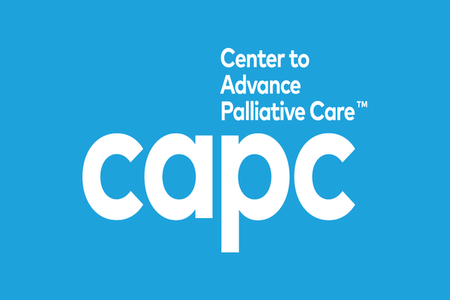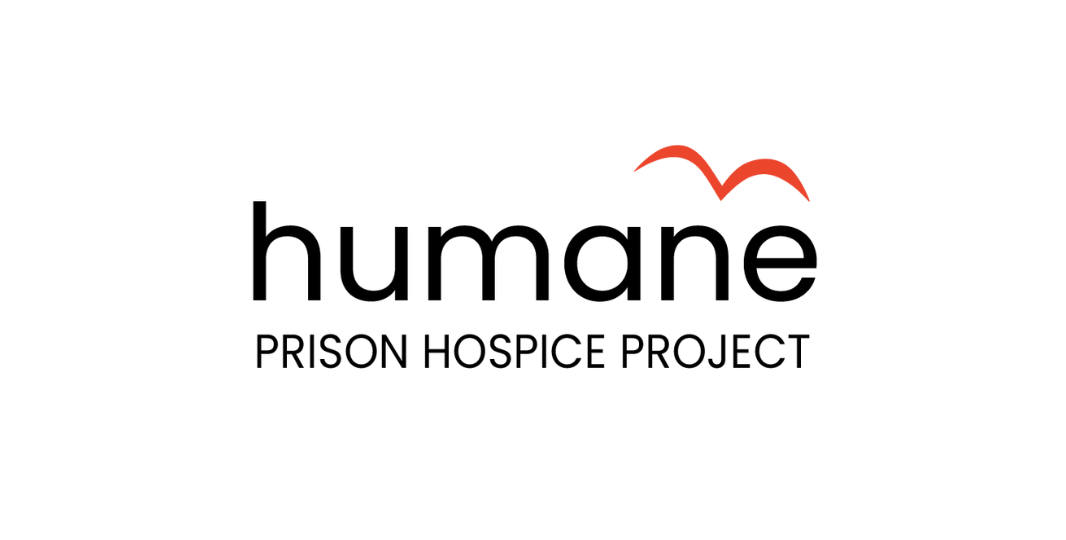Despite decades of research and reform, equal access to healthcare remains an elusive goal in the United States—particularly for patients and families navigating serious illness. Studies show, for example, that Black patients are less likely to have their pain and symptoms adequately assessed or treated and are significantly less likely to receive compassionate communication from medical providers. These challenges extend to their caregivers, who report emotional and financial stress at more than twice the rate of White caregivers.
Since 2020, this issue has gained greater visibility in health policy circles. But many healthcare teams still lack the practical tools to drive real progress. A national organization is working to change that.
The Center to Advance Palliative Care (CAPC), a longtime leader in the field, launched a large-scale initiative aimed at reducing disparities in serious illness care. Supported by funding from AVDF, CAPC is delivering targeted support to clinicians and administrators seeking to improve care for historically underserved populations.
CAPC’s approach is grounded in more than 25 years of experience providing technical assistance and implementation support to hospitals and health systems. This key initiative has been guided by a national committee of experts and began with a rigorous literature review and a survey of frontline healthcare workers to assess the current state of the field. CAPC’s research and resources have reached a wide audience, and virtual events have drawn strong engagement from practitioners nationwide.
What emerged is a comprehensive strategy focused on practical change. A major milestone was the release of Advancing Equity for Black Patients with Serious Illness, a detailed guide designed to help healthcare leaders identify and reduce disparities in care delivery. The guide offers concrete steps for engaging patients and families in co-designing initiatives, conducting needs assessments, building partnerships, securing resources, and evaluating outcomes.
It also includes case studies from across the country and personal reflections from the initiative’s advisory committee—offering insights that are both grounded and aspirational.
“CAPC’s work represents a promising and scalable approach to making high-quality care accessible to everyone,” said Jessica Russell, AVDF Director of Operations. “By equipping leaders with the tools and peer networks they need to act, this initiative contributes to meaningful, lasting change.”
Building on this momentum, AVDF awarded CAPC follow-up funding to support the launch of a new leadership development initiative, named the Health Equity Accelerator. This year-long program, set to begin in fall 2025, will bring together 50 healthcare professionals from across the country who are committed to improving care for seriously ill patients in underserved communities.
The initiative will be anchored in the guide’s core principles and feature a blend of structured learning and peer-to-peer exchange. Participants will explore historical context, stakeholder engagement, evaluation strategies, and long-term planning. A second cohort of experienced practitioners—those who have already led successful efforts at their own institutions—will serve as expert mentors and help co-design the curriculum.
The launch workshop will be held in conjunction with CAPC’s National Seminar, providing participants with the opportunity to learn best practices, refine their ideas with feedback from colleagues and experts, and create an actionable plan for how to improve care. Following the workshop, the 50 healthcare professionals will participate in a year-long mentoring and peer-network program.
Through its combination of research, field engagement, and sustained leadership development, CAPC is building the infrastructure needed to close persistent gaps in serious illness care. Rather than treating disparities as abstract problems, the organization is helping healthcare professionals confront them head-on—with knowledge, collaboration, and an unwavering commitment to making compassionate care available to all.
Back to all Stories


